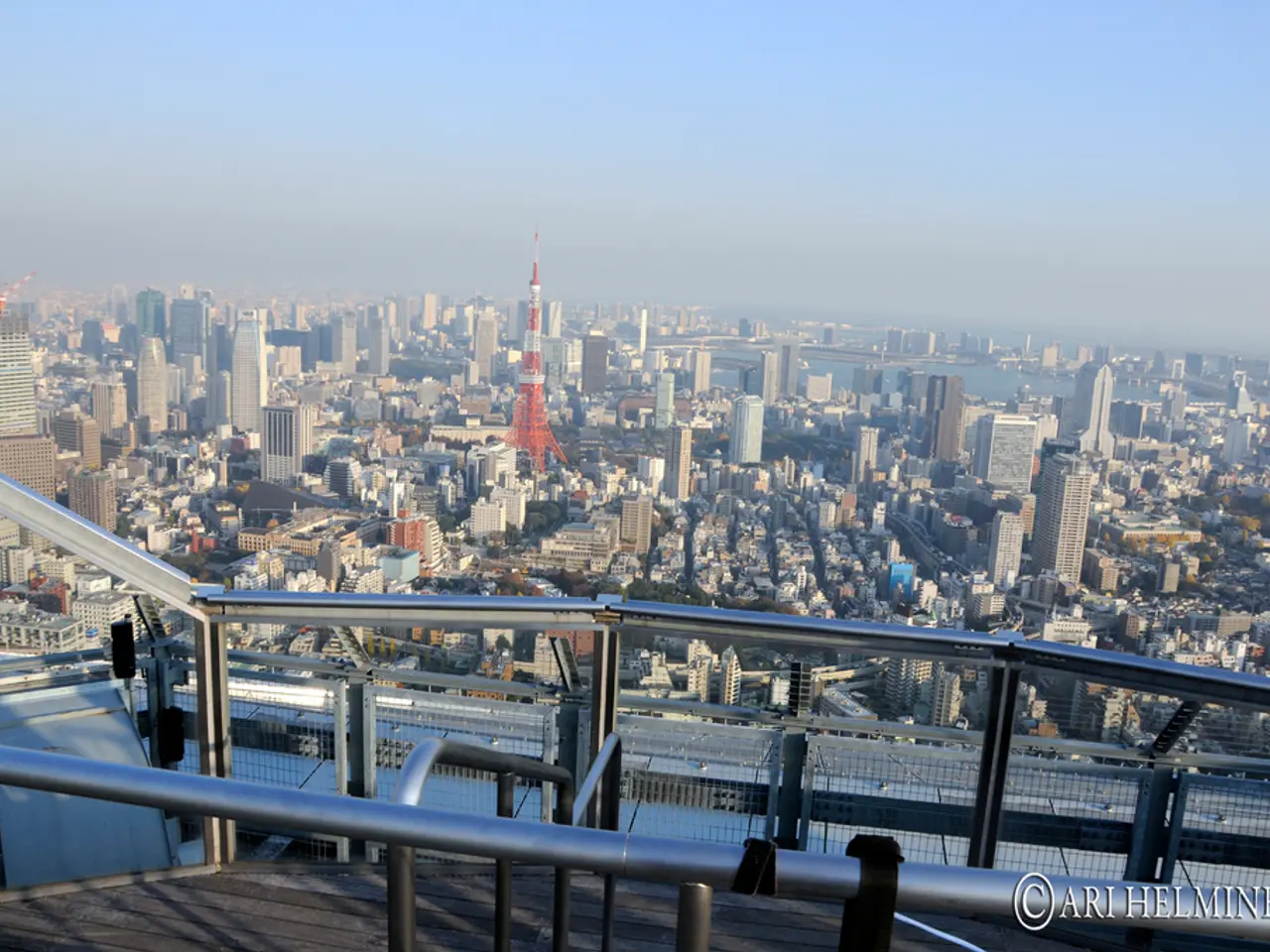Potential for Trump to stage similar demonstrations in other urban areas?
In a move that has stirred controversy, President Donald Trump has ordered the deployment of the National Guard in Washington, DC. This decision, however, comes at a time when the city is experiencing historically low crime rates, leading to questions about the necessity and implications of such a move.
The National Guard has been active in the city since the president's directive, but their role has been a subject of debate. Critics argue that there is no emergency requiring a military presence, particularly given the city's low crime rates. Washington, DC, which is not part of any US state, largely falls under the jurisdiction of the federal government, but it is not common for the military to be involved in law enforcement.
The deployment has raised concerns about the potential impact on local governance. President Trump's move to assert federal control over Washington, DC's police force is seen as a departure from traditional governance norms, potentially undermining local authority and democratic processes. D.C. Mayor Muriel Bowser has expressed reservations about the effectiveness of using Guard members in law enforcement, as they are not trained as police officers.
The deployment has also been framed as an overreach of federal authority, particularly given the city's history of managing its own affairs. This perception is compounded by the fact that the National Guard was previously deployed to D.C. during civil disturbances, which were more visibly linked to immediate public safety needs.
The United States' foundational history overthrowing the British military and the norm that law enforcement should be maintained by civilian police are crucial in understanding what Americans will accept in their communities. The Posse Comitatus Act, which bans military personnel from being actively used in domestic policing, also adds a layer of complexity to the situation.
A three-day trial ongoing in California is investigating if the deployment of the National Guard was in breach of the Posse Comitatus Act and potentially unconstitutional. The outcome of this trial could give clarity on the outcome of future litigation if the president takes a similar course in other states.
The Congressional Black Caucus has labeled Trump's actions as a "blatantly racist and despicable power grab." The president has named other cities, including New York City, Los Angeles, Chicago, and Baltimore, as possible future targets, further fuelling concerns about the scope of his actions.
Despite the controversy, President Trump has cast his decision to involve the National Guard in Washington as a crime crackdown, calling it "Liberalization Day." The deployment of military personnel in American cities could impact how these institutions are perceived by the public, and the controversy surrounding this move in Washington, DC, serves as a significant precedent for future actions.
The US Attorney General, Pam Bondi, now oversees the police in Washington, with federal control of the DC police ending after 30 days unless the Republican-controlled Congress approves an extension. The National Guard can remain active indefinitely in Washington, DC. Federal data shows that DC's violent crime is at a 30-year low, adding another layer of complexity to the ongoing debate.
- The controversy surrounding President Trump's order to deploy the National Guard in Washington, DC, has raised questions about the necessity and implications of such a move, particularly given the city's low crime rates.
- Washington, DC's Mayor Muriel Bowser has expressed reservations about the effectiveness of using Guard members in law enforcement, as they are not trained as police officers.
- The deployment of the National Guard has been framed as an overreach of federal authority, particularly given the city's history of managing its own affairs.
- The Congressional Black Caucus has labeled Trump's actions as a "blatantly racist and despicable power grab," with the president naming other cities as possible future targets, further fueling concerns about the scope of his actions.






